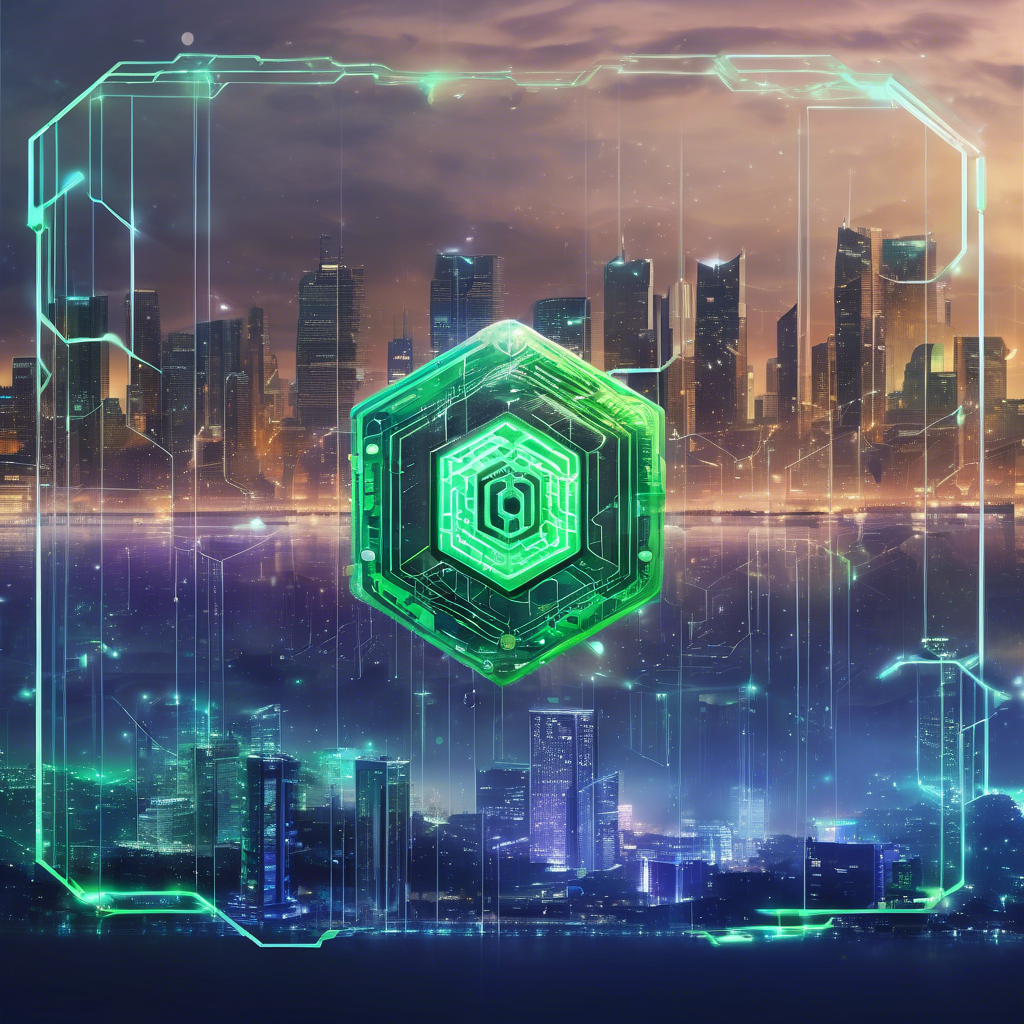How Blockchain Technology is Revolutionizing Academic Credential Verification and Records Management

Educational institutions around the world are progressively adopting blockchain technology to transform how they verify credentials and manage student records. This innovative approach promises to revolutionize academic administration by offering a secure, transparent, and efficient system for maintaining and authenticating educational achievements. One major advantage of blockchain in education is its capacity to generate tamper-proof digital records. Conventional methods for storing and verifying academic credentials often rely on physical documents or centralized databases, both vulnerable to forgery, loss, or delays. Blockchain technology overcomes these issues by using a decentralized ledger that is immutable and transparent, ensuring the authenticity and integrity of academic records and significantly reducing the risk of fraudulent claims going unnoticed. For employers and educational institutions, blockchain streamlines the verification process. Typically, validating a candidate's academic credentials involves a time-consuming exchange between multiple parties. Blockchain-based records allow for quick and reliable verification through direct access to validated data stored on the blockchain. This accelerates hiring and admissions decisions while boosting confidence in the qualifications presented. Beyond verification, blockchain enhances administrative efficiency substantially. Tasks such as transcript requests, degree verifications, and record transfers can be simplified, alleviating the workload on administrative staff and cutting processing times.
Automating these functions through blockchain-enabled smart contracts can further reduce costs linked to manual management and human errors. Integrating blockchain aligns with the broader digital transformation trends in the education sector. As institutions embrace innovative solutions to meet the demands of the digital era, blockchain stands out as a crucial tool for improving the integrity, security, and accessibility of academic records. Its adoption is anticipated to increase as more institutions acknowledge the advantages of decentralized and secure data management systems. Moreover, blockchain’s impact extends beyond credential verification. It has the potential to support lifelong learning by providing a portable and comprehensive record of an individual’s educational journey. Learners can maintain control over their records and share them selectively with employers or educational bodies, fostering greater autonomy and simplifying access. Challenges remain in implementing blockchain widely in education, including the need for standardization, interoperability across various platforms, and regulatory frameworks that facilitate its use. Nonetheless, ongoing pilot projects and collaborations among educational institutions, technology providers, and policymakers are actively addressing these obstacles. In conclusion, blockchain technology is transforming academic records management and credential verification. By offering secure, efficient, and trustworthy methods for recording educational accomplishments, blockchain paves the way for a future where academic credentials are easily verifiable and resistant to fraud. As educational institutions continue to adopt digital innovations, blockchain will play a vital role in enhancing the integrity and efficiency of education systems globally.
Brief news summary
Educational institutions worldwide are increasingly adopting blockchain technology to improve credential verification and student record management. By utilizing a decentralized and immutable ledger, blockchain enhances security and transparency, significantly reducing risks of forgery and data loss found in traditional systems. This innovation enables employers and academic institutions to quickly access verified records, streamlining hiring and admissions processes while fostering trust. Smart contracts automate administrative tasks such as transcript requests and degree verification, decreasing errors and operational costs. Furthermore, blockchain supports lifelong learning by allowing individuals to maintain portable, comprehensive educational profiles with controlled data sharing, thus promoting learner autonomy. Although challenges related to standardization, interoperability, and regulation remain, ongoing collaborative efforts are fostering wider adoption. Ultimately, blockchain is transforming academic record management by establishing a secure, efficient, and fraud-resistant system that accelerates education’s global digital transformation.
AI-powered Lead Generation in Social Media
and Search Engines
Let AI take control and automatically generate leads for you!

I'm your Content Manager, ready to handle your first test assignment
Learn how AI can help your business.
Let’s talk!

Study suggests blockchain could bolster consumer …
The study emphasizes the crucial role that decentralized blockchain technology plays in transforming how seafood producers communicate with consumers regarding the origin and journey of their food choices.

Chegg to Lay Off 22% of Workforce as AI Tools Sha…
Chegg, a leading educational technology company, is facing a notable decline in web traffic, which it attributes to external factors impacting its business.

Charles Hoskinson says Cardano wants to be the fi…
Charles Hoskinson suggests that Cardano might introduce a stablecoin offering the same level of privacy as cash.

AI Copyright Report Sparks New Fight
A recent report examining the complex intersection of technology and intellectual property rights presents a nuanced strategy aimed at balancing the interests of both technology companies and content creators.

GIBO Launches USDG.net: Ushering in a New Era of …
HONG KONG, May 12, 2025 /PRNewswire/ -- GIBO Holdings Ltd.

Investors Back Start-Ups Aiding Copyright Deals t…
In recent years, investor interest has surged in start-ups specializing in content licensing for AI training, driven by mounting legal and regulatory challenges faced by major tech companies like OpenAI, Meta, and Google over their use of copyrighted material in AI development.

SEC Chair: Blockchain 'holds promise' of new kind…
Blockchain technology has the potential to enable “a broad swath of novel use cases for securities” and encourage “new kinds of market activities that many of the Commission’s legacy rules and regulations do not contemplate today,” stated Securities and Exchange Commission (SEC) Chairman Paul Atkins.

 Auto-Filling SEO Website as a Gift
Auto-Filling SEO Website as a Gift








 Auto-Filling SEO Website as a Gift
Auto-Filling SEO Website as a Gift

